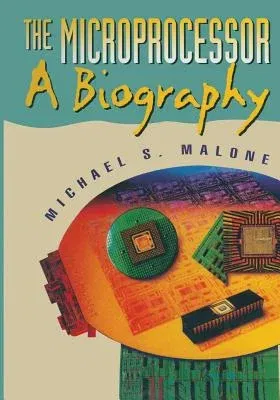Michael S Malone
(Author)The Microprocessor: A Biography (Softcover Reprint of the Original 1st 1995)Paperback - Softcover Reprint of the Original 1st 1995, 22 June 2012

Qty
1
Turbo
Ships in 2 - 3 days
In Stock
Free Delivery
Cash on Delivery
15 Days
Free Returns
Secure Checkout
Print Length
334 pages
Language
English
Publisher
Springer
Date Published
22 Jun 2012
ISBN-10
1461384354
ISBN-13
9781461384359
Description
Product Details
Author:
Book Edition:
Softcover Reprint of the Original 1st 1995
Book Format:
Paperback
Country of Origin:
NL
Date Published:
22 June 2012
Dimensions:
25.4 x
17.78 x
1.88 cm
ISBN-10:
1461384354
ISBN-13:
9781461384359
Language:
English
Location:
New York, NY
Pages:
334
Publisher:
Weight:
616.89 gm

